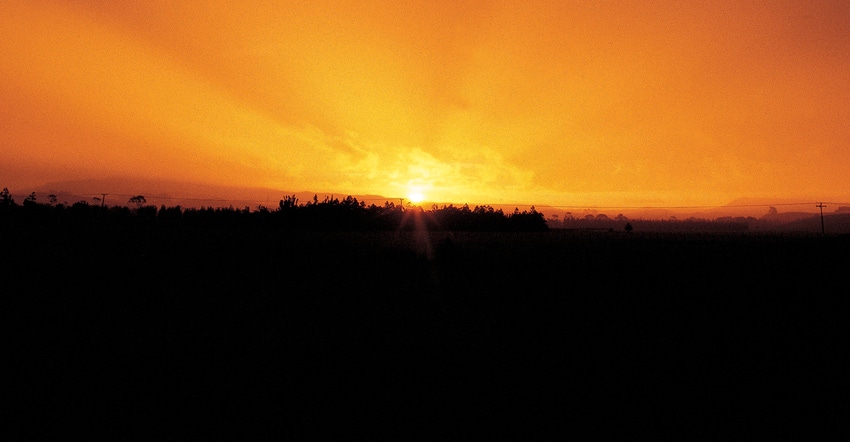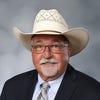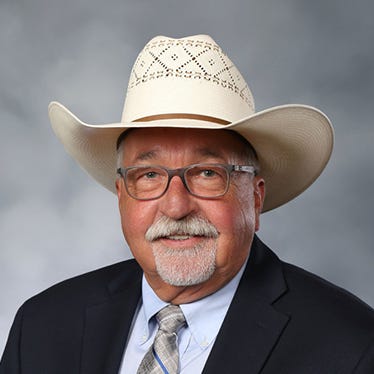January 28, 2021

I always dread the day I gather bulls from all the pastures to haul them to their winter confines. All the bulls I presently own are very gentle and rarely cause me any problems, but, as my wife constantly reminds me — they are bulls.
Rounding ‘em up
The first pasture gather went fine, with all the cows and the one bull going straight into the corral, where I scattered a few range cubes. After a few unsuccessful attempts to sort off the bull into one of the side pens, I simply opened the main gate and watched every one of the cows exit, leaving the bull by himself at the far end. Mission accomplished.
The second pasture was at a different farm, but still, everyone came in and the bull sorted off easily, although I could tell he did not like being left without his female friends. He was snorting and pawing when I left, but I was confident the really good corral at the creek place would keep him secure until I could return with the trailer later that afternoon.
The third gather was uneventful, as well. The older bull seemed more than ready to be captured, understanding he was headed toward a winter of free-choice hay and daily grain. I believe I could have driven out into that pasture with my trailer, and he would have loaded himself.
With all the bulls safely penned, I decided to unroll hay for the cows at each of the places before hooking up to the trailer and transporting the bulls. As I drove into the entrance at the creek place, I couldn’t see the bull from the east side, and as I passed by to the west side, I still couldn’t see him. I assumed he was lying up against the barn and was not visible from my vantage point. You see, a huge, hundred-year-old, wooden barn makes up the entire south side of the corral at that place. It is a typical old barn for this part of the country with a gambrel roof, side sheds the entire length of the structure, and a huge loft that is used for nothing in my operation except for being the summer home to a large flock of turkey vultures.
As I entered the gate on my way to unroll hay for the cows, I then saw my bull, contentedly grazing, on the lawn of my rental house. At least I thought it was my red bull, but his entire front end was covered in some white substance. I turned around and proceeded to the corral, expecting to find an open gate. All the gates were closed, so I inspected further to see if the top rails were bent anywhere (the corral is steel and 6 feet tall) … nothing. How did he get out?
Confused, I stood inside the corral long enough to eventually see an old wooden door, slightly ajar, there on the north side of the old barn that makes up the south side of my corral. I’ve owned the place for almost 20 years and have never opened that door. I didn’t even know it could be opened, but the bull had licked the latch open and proceeded through a 3-foot-wide hallway that connects to several old feed rooms, corn cribs and a milking parlor. I had used the south end of the hallway to store stuff, including screen doors, wood trim, roof shingles, boxes of fruit jars, old wooden gates and a 50-pound bag of ag lime, which explained the white substance on the bull’s head and front end. Everything was completely demolished, to the point that it wouldn’t even make good kindling.
Where there’s a bull, there’s a way … out.
Crownover farms in Missouri.
About the Author(s)
You May Also Like






